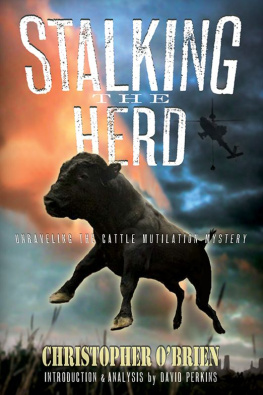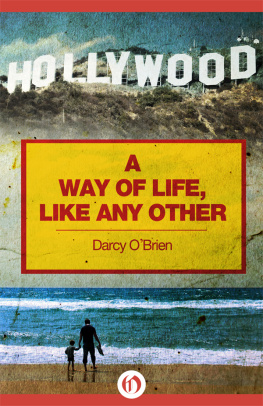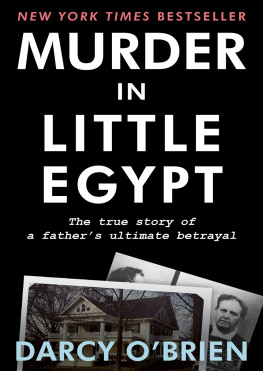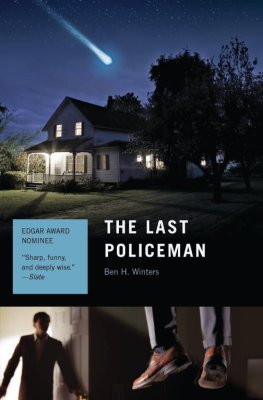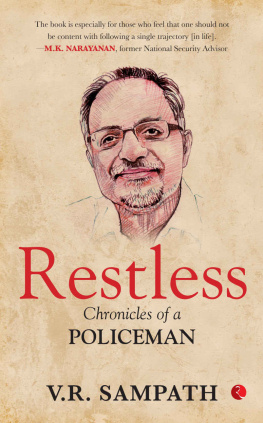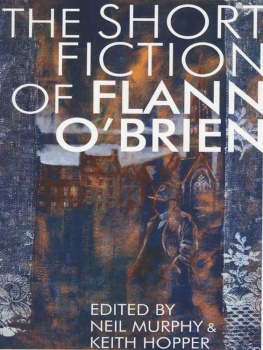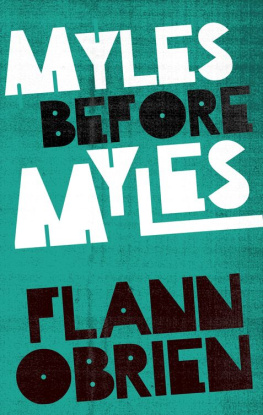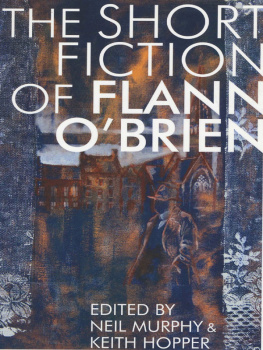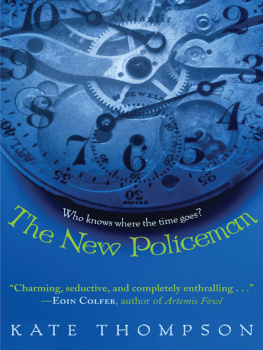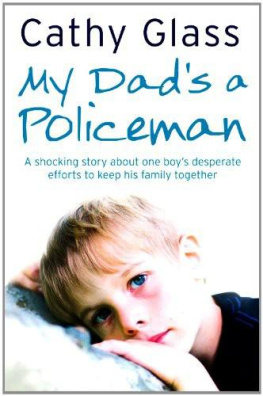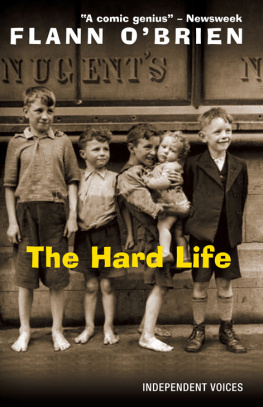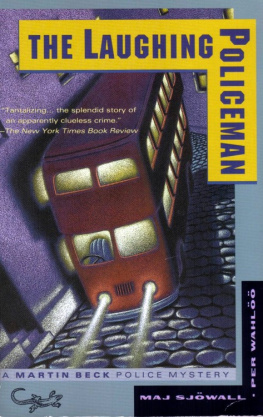Human existence being an hallucination containing in itself the secondary hallucinations of day and night (the latter an insanitary condition of the atmosphere due to accretions of black air) it ill becomes any man of sense to be concerned at the illusory approach of the supreme hallucination known as death.
DE SELBY
Since the affairs of men rest still uncertain, Lets reason with the worst that may befall.
SHAKESPEARE
Not everybody knows how I killed old Phillip Mathers, smashing his jaw in with my spade; but first it is better to speak of my friendship with John Divney because it was he who first knocked old Mathers down by giving him a great blow in the neck with a special bicycle-pump which he manufactured himself out of a hollow iron bar. Divney was a strong civil man but he was lazy and idle-minded. He was personally responsible for the whole idea in the first place. It was he who told me to bring my spade. He was the one who gave the orders on the occasion and also the explanations when they were called for.
I was born a long time ago. My father was a strong farmer and my mother owned a public house. We all lived in the public house but it was not a strong house at all and was closed most of the day because my father was out at work on the farm and my mother was always in the kitchen and for some reason the customers never came until it was nearly bed-time; and well after it at Christmas-time and on other unusual days like that. I never saw my mother outside the kitchen in my life and never saw a customer during the day and even at night I never saw more than two or three together. But then I was in bed part of the time and it is possible that things happened differently with my mother and with the customers late at night. My father I do not remember well but he was a strong man and did not talk much except on Saturdays when he would mention Parnell with the customers and say that Ireland was a queer country. My mother I can recall perfectly. Her face was always red and sore-looking from bending at the fire; she spent her life making tea to pass the time and singing snatches of old songs to pass the meantime. I knew her well but my father and I were strangers and did not converse much; often indeed when I would be studying in the kitchen at night I could hear him through the thin door to the shop talking there from his seat under the oil-lamp for hours on end to Mick the sheepdog. Always it was only the drone of his voice I heard, never the separate bits of words. He was a man who understood all dogs thoroughly and treated them like human beings. My mother owned a cat but it was a foreign outdoor animal and was rarely seen and my mother never took any notice of it. We were all happy enough in a queer separate way.
Then a certain year came about the Christmas-time and when the year was gone my father and mother were gone also. Mick the sheepdog was very tired and sad after my father went and would not do his work with the sheep at all; he too went the next year. I was young and foolish at the time and did not know properly why these people had all left me, where they had gone and why they did not give explanations beforehand. My mother was the first to go and I can remember a fat man with a red face and a black suit telling my father that there was no doubt where she was, that he could be as sure of that as he could of anything else in this vale of tears. But he did not mention where and as I thought the whole thing was very private and that she might be back on Wednesday, I did not ask him where. Later, when my father went, I thought he had gone to fetch her with an outside car but when neither of them came back on the next Wednesday, I felt sorry and disappointed. The man in the black suit was back again. He stayed in the house for two nights and was continually washing his hands in the bedroom and reading books. There were two other men, one a small pale man and one a tall black man in leggings. They had pockets full of pennies and they gave me one every time I asked them questions. I can remember the tall man in the leggings saying to the other man:
The poor misfortunate little bastard.
I did not understand this at the time and thought that they were talking about the other man in the black clothes who was always working at the wash-stand in the bedroom. But I understood it all clearly afterwards.
After a few days I was brought away myself on an outside car and sent to a strange school. It was a boarding school filled with people I did not know, some young and some older. I soon got to know that it was a good school and a very expensive one but I did not pay over any money to the people who were in charge of it because I had not any. All this and a lot more I understood clearly later.
My life at this school does not matter except for one thing. It was here that I first came to know something of de Selby. One day I picked up idly an old tattered book in the science masters study and put it in my pocket to read in bed the next morning as I had just earned the privilege of lying late. I was about sixteen then and the date was the seventh of March. I still think that day is the most important in my life and can remember it more readily than I do my birthday. The book was a first edition of Golden Hours with the two last pages missing. By the time I was nineteen and had reached the end of my education I knew that the book was valuable and that in keeping it I was stealing it. Nevertheless I packed it in my bag without a qualm and would probably do the same if I had my time again. Perhaps it is important in the story I am going to tell to remember that it was for de Selby I committed my first serious sin. It was for him that I committed my greatest sin.
I had long-since got to know how I was situated in the world. All my people were dead and there was a man called Divney working the farm and living on it until I should return. He did not own any of it and was given weekly cheques of pay by an office full of solicitors in a town far away. I had never met these solicitors and never met Divney but they were really all working for me and my father had paid in cash for these arrangements before he died. When I was younger I thought he was a generous man to do that for a boy he did not know well.
I did not go home direct from school. I spent some months in other places broadening my mind and finding out what a complete edition of de Selbys works would cost me and whether some of the less important of his commentators books could be got on loan. In one of the places where I was broadening my mind I met one night with a bad accident. I broke my left leg (or, if you like, it was broken for me) in six places and when I was well enough again to go my way I had one leg made of wood, the left one. I knew that I had only a little money, that I was going home to a rocky farm and that my life would not be easy. But I was certain by this time that farming, even if I had to do it, would not be my life work. I knew that if my name was to be remembered, it would be remembered with de Selbys.
I can recall in every detail the evening I walked back into my own house with a travelling-bag in each hand. I was twenty years of age; it was an evening in a happy yellow summer and the door of the public house was open. Behind the counter was John Divney, leaning forward on the low-down porter dash-board with his fork, his arms neatly folded and his face looking down on a newspaper which was spread upon the counter. He had brown hair and was made handsomely enough in a small butty way; his shoulders were broadened out with work and his arms were thick like little tree-trunks. He had a quiet civil face with eyes like cows eyes, brooding, brown, and patient. When he knew that somebody had come in he did not stop his reading but his left hand strayed out and found a rag and began to give the counter slow damp swipes. Then, still reading, he moved his hands one above the other as if he was drawing out a concertina to full length and said:
Next page

